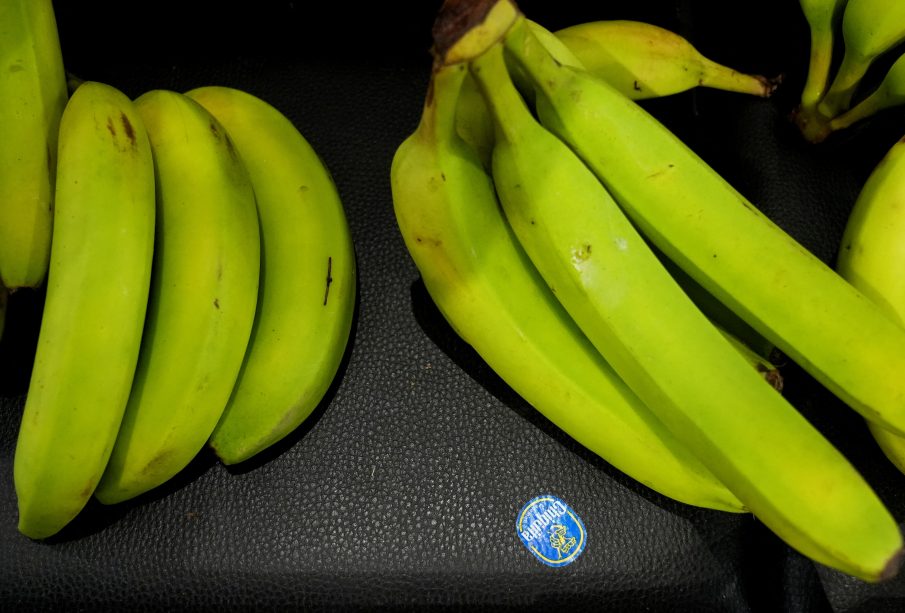Chiquita Banana Announces Layoffs in Panama Amid Market Changes

Introduction
In a significant move affecting the agricultural sector in Panama, Chiquita Brands International has announced layoffs at its banana plantations. This decision comes at a time when the global banana market faces numerous challenges, bringing to light the complexities of maintaining such a large-scale operation. The layoffs are seen as a response to both economic pressures and shifts in consumer demand, making this a critical issue not only for the workers involved but for the banana industry as a whole.
The Layoffs: Details and Impact
Chiquita, one of the largest banana exporters in the world, has revealed that it will be reducing its workforce in Panama by approximately 300 employees, mainly in production and harvesting roles. The company cited a drop in banana prices and increased operational costs partially due to the impacts of climate change as key factors driving this decision. In a statement, Chiquita emphasized that these layoffs were necessary to ensure long-term sustainability and competitiveness in the market.
The layoffs have sent shockwaves through the local economy, particularly in regions reliant on banana production. Many workers have expressed their concerns over job security, as these positions are vital for their families and communities. Local leaders have called for discussions with Chiquita to explore alternative solutions that could avoid further job losses.
Market Context
The banana industry has seen significant changes recently, with increased competition from other fruit exporters and a shift in consumer preferences towards organic products. This evolving landscape has forced major companies, including Chiquita, to adapt their operational strategies. The ongoing supply chain disruptions resulting from the COVID-19 pandemic have also contributed to the situation, making it increasingly challenging to sustain workforce levels.
Furthermore, environmental factors, such as hurricanes and rising temperatures, have impacted banana yields and quality, creating additional strain on growers. Industry analysts suggest that producers must rethink their strategies in light of these long-term risks to remain viable.
Conclusion
The layoffs at Chiquita Banana in Panama represent a broader trend within the agricultural sector as companies grapple with shifting market demands and climate-related challenges. For workers and their families, this situation underscores the vulnerability of jobs in traditional industries. As the banana market continues to evolve, the implications of these layoffs may serve as a cautionary tale for other agricultural businesses facing similar challenges. Looking ahead, dialogue between employers, workers, and local leaders will be crucial to navigate this turbulent phase and to seek sustainable solutions that protect both jobs and the environment.







